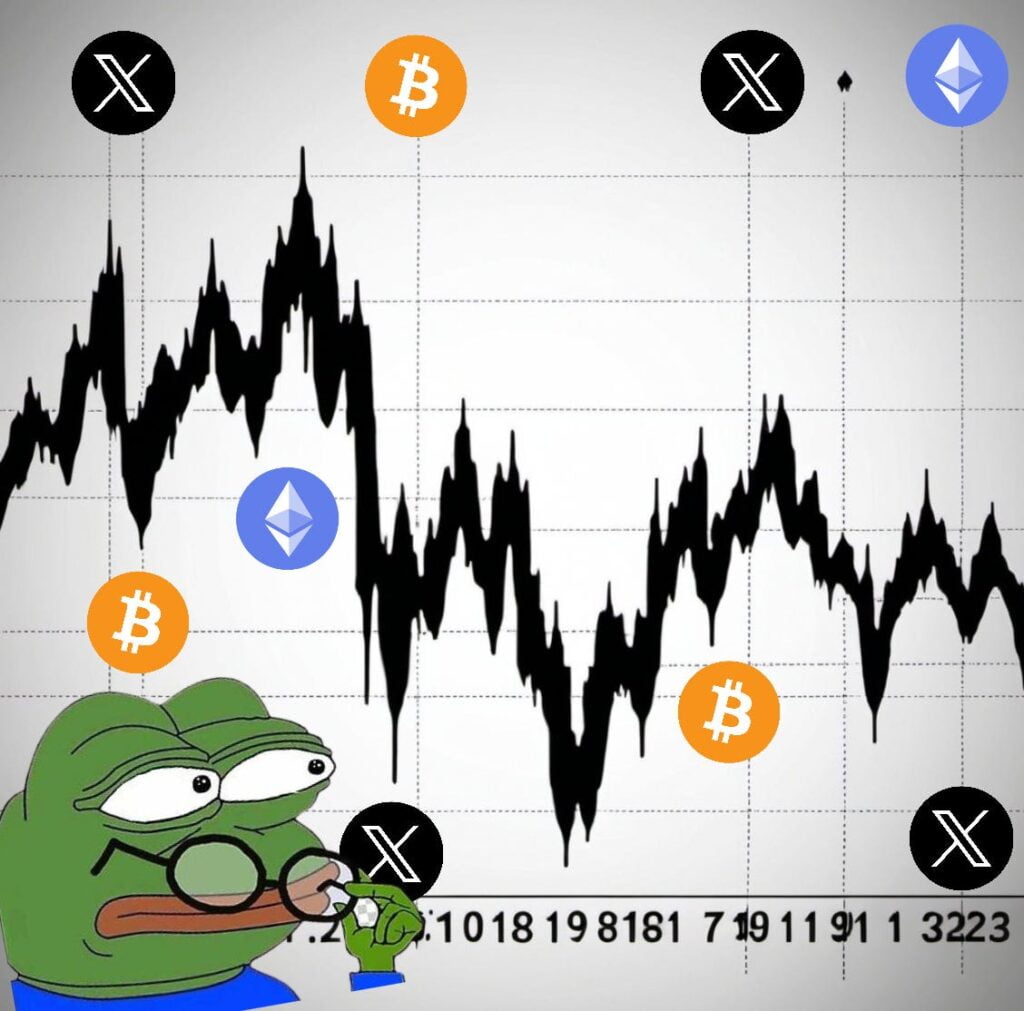Podcast Summary
This podcast features a comprehensive discussion with John Mearsheimer, a professor at the University of Chicago, on international politics, power dynamics, and war. Mearsheimer delves into the concept of power as the currency of international relations, the divide between realism and liberalism, and the factors that led to World War II. The conversation also explores the ongoing conflicts in Ukraine and Israel, the potential threat of China, and the importance of immigration and cultural integration in the United States.
Key Takeaways
Power Dynamics in International Relations
- Power as the Currency: Mearsheimer argues that power, largely determined by material factors such as population size and wealth, is the currency of international relations. States seek to maximize their power for survival in an anarchic system where there is no higher authority to turn to in times of trouble.
- Realism vs. Liberalism: The podcast discusses the divide between realism and liberalism in international relations theory. Realists believe in the importance of power and war as an instrument of statecraft, while liberals have a more idealistic view, believing in a less competitive and more peaceful world.
- Offensive Realism: Mearsheimer, an offensive realist, posits that states look for opportunities to gain more power and will seize them if the likelihood of success is high and the cost is low. He uses examples of the United States, China, and historical powers like Imperial Germany and Napoleonic France to illustrate this point.
World War II and Current Conflicts
- Factors Leading to World War II: Mearsheimer discusses the factors that led to the start of World War II, including power dynamics in Europe, Hitler’s personal characteristics, and resentment over the Versailles Treaty. He emphasizes that history is multidimensional and that realism, as a theory, explains the causes of security competition and great power wars, but not every aspect of international politics.
- Conflict in Ukraine: The podcast explores the ongoing conflict in Ukraine, arguing that the war was triggered by the expansion of NATO, which Russia perceives as a threat. Mearsheimer suggests that the best hope for the war in Ukraine is a ceasefire and a frozen conflict, but tensions and conflicts may persist.
- Israeli-Palestinian Conflict: The discussion also covers the Israeli-Palestinian conflict, emphasizing the need for a two-state solution where Palestinians have sovereignty. Mearsheimer criticizes the Israeli government’s strategy of pursuing military action against Palestinians, arguing that it is damaging their reputation globally and unlikely to lead to a resolution or peace.
China’s Threat and the Importance of Immigration
- China’s Threat: Mearsheimer discusses the growing threat of China and the potential for a war in the 21st century. He suggests that the United States should focus on building powerful military forces and avoiding provocative actions to deter China from invading Taiwan and avoid a war.
- Importance of Immigration: The podcast highlights the importance of immigration in the United States, arguing that it has played a significant role in making the country great. Mearsheimer emphasizes the need for the United States to continue growing population-wise and praises the country’s ability to integrate immigrants and help them flourish.
Sentiment Analysis
- Bullish: The podcast expresses a bullish sentiment towards the United States’ ability to integrate immigrants and the potential for this to contribute to the country’s growth and power. Mearsheimer also shows optimism about the potential for a smart containment strategy by the United States towards China to avoid war.
- Bearish: A bearish sentiment is expressed towards the ongoing conflicts in Ukraine and Israel, with Mearsheimer suggesting that these conflicts are likely to persist and end in an ugly way. He also expresses concern about the growing threat of China and the potential for a war in the 21st century.
- Neutral: A neutral sentiment is expressed towards the concept of power in international relations. Mearsheimer discusses the importance of power and the divide between realism and liberalism without expressing a clear preference or prediction for the future.










